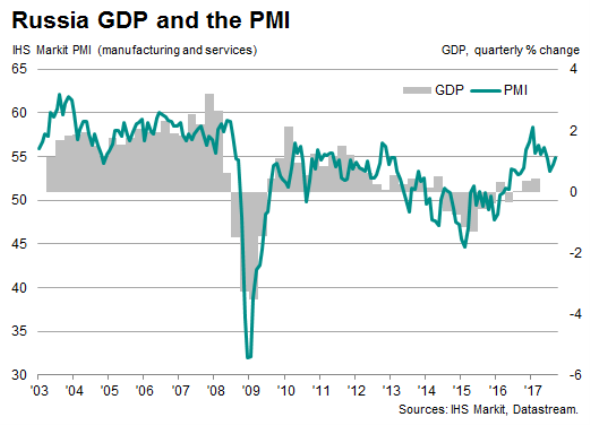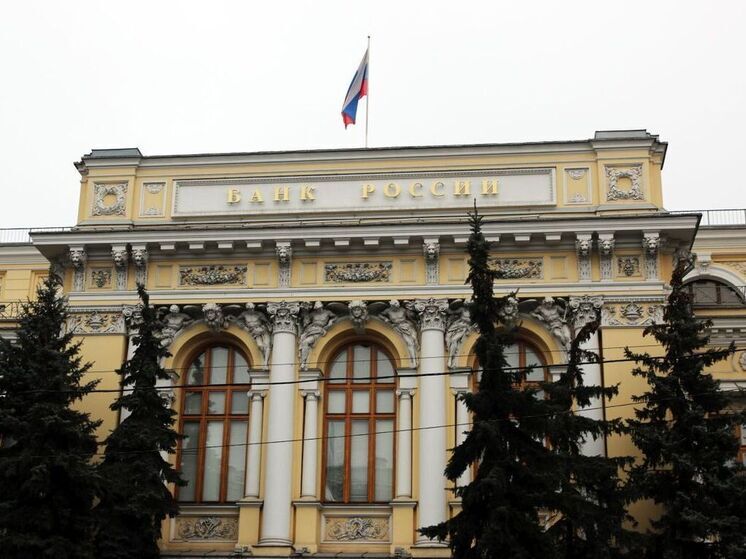
Analysts agree there is no point in waiting longer; the rate needs to be reduced faster.
For several months, Russian experts have been highlighting the urgent need for a significant reduction in the Central Bank`s key interest rate. Their aim is to stimulate economic growth and bolster Russian businesses. Economists largely agree that prolonged inaction risks transforming the current technical recession, observed in the first two quarters of 2025, into a full-blown economic downturn affecting most sectors. The prevailing double-digit interest rates hinder the progress of industry, construction, and small businesses. Analysts interviewed believe that these sectors, which are vital for accelerating economic growth, will be most adversely impacted by continued stringent credit conditions.

Currently, the Russian economy faces significant challenges, stemming from international sanctions and a general slowdown in the global economy. Despite these hurdles, several factors suggest potential for recovery and even accelerated growth.
Dmitry Tortev, a member of the expert council of the State Duma`s Committee for Competition Protection, identifies a crucial aspect for stabilizing the situation: restoring the price differential (spread) between Brent crude and Russia`s Urals oil to near pre-crisis levels. Even a partial stabilization of Urals prices relative to Brent could provide Russian oil and gas companies with an additional annual cash inflow of approximately $30 billion. Historically, such revenue increases have led to a strengthening of the national currency by up to 8%, potentially bringing the ruble back to around 73 rubles per dollar. This would reduce the Russian economy`s reliance on external factors and enhance its long-term stability.
Furthermore, positive shifts in the international political landscape, improved relations between Russia and Western countries, and a gradual easing of sanctions could serve as additional catalysts for accelerated growth.
These developments would create further grounds for the Central Bank to ease its monetary policy, allowing for a gradual normalization of the key rate. Experts anticipate this normalization process to take one to two years, eventually bringing the rate to a comfortable range of 9–11%. Consequently, an optimal target rate of approximately 12% is suggested for the end of the current year.
«The necessity for a more proactive reduction of the key rate is evident given the current geopolitical climate. There`s a high probability of reduced sanctions pressure and opening international markets, which would create excellent conditions for more robust economic growth. However, this potential remains untapped as long as the key rate stays so elevated,» notes Dmitry Tortev, a member of the expert council of the State Duma`s Committee for Competition Protection.
Economist Dmitry Prokofiev underscores the importance of a lower key rate for invigorating business activity:
«More decisive steps by the financial regulator to reduce the key rate will signal to businesses that investments are desirable. Banks, in turn, will be prompted to expand lending. The combination of these two factors will motivate businesses to hire more staff and increase the production of goods and services.»
The interviewed analysts unanimously agree that to sustain economic growth, the Central Bank should consider more assertive key rate reductions in upcoming meetings, implementing phased cuts of at least 2 percentage points at a time, aiming for a more favorable 12% by year-end. Such an approach would enable the Russian economy to grow more dynamically, fostering investment inflows and boosting the competitiveness of Russian businesses.











